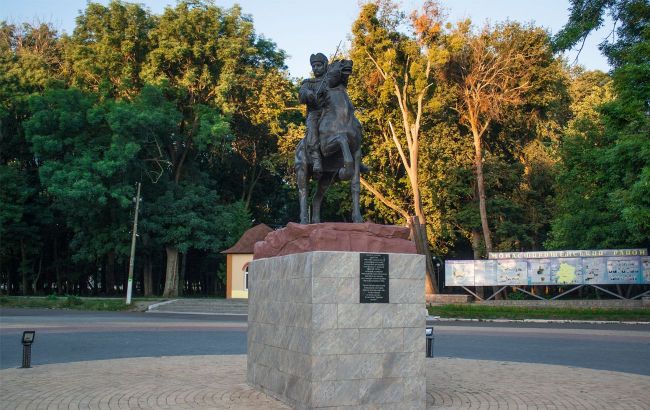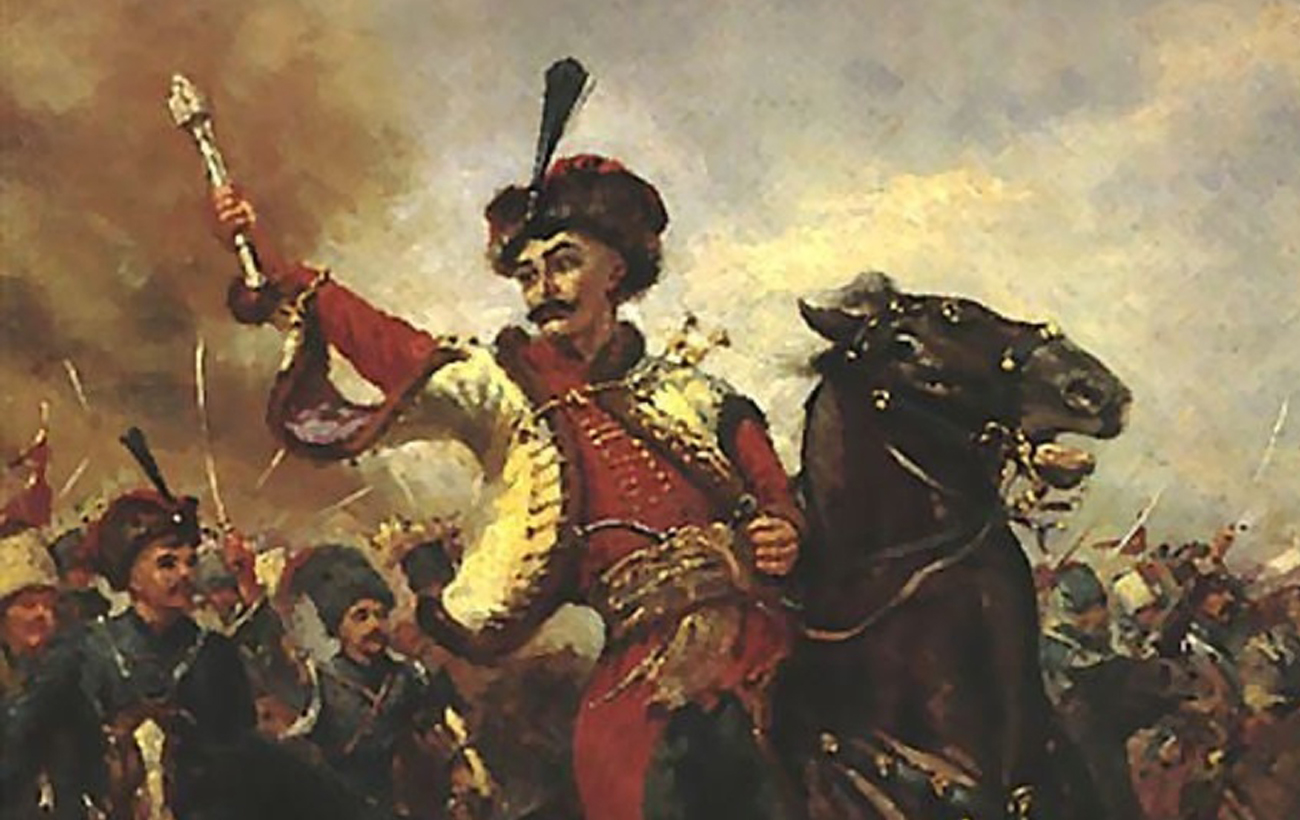Ivan Bohun. How Cossack became Ukraine's emblem of courage and freedom
 How the Cossack Ivan Bohun became a hero of Ukraine (photo: wikimedia.org/Nikride)
How the Cossack Ivan Bohun became a hero of Ukraine (photo: wikimedia.org/Nikride)
Ivan Bohun was an outstanding colonel during the 17th-century liberation war, known for his resourcefulness, dedication to Ukrainian independence, and unbreakable character. He not only managed to resist Polish expansion and Moscow's influence but also made even his allies wary of him. Here is who Ivan Bohun really was.
Unbreakable colonel of the 17th century
Ivan Bohun entered history as one of the most devoted fighters for Ukrainian independence.
He was a colonel of the Cossack army, participated in the liberation war led by Bohdan Khmelnytsky, and became famous as an unparalleled strategist.
Contemporaries noted his bravery, ingenuity, and ability to find unconventional solutions in the most difficult situations.
Brilliant military tactics
The most striking example of Bohun's military skill was the defense of Vinnytsia in 1651. He managed to outsmart the Polish cavalry by luring it onto ice covered with straw, causing it to break through the surface.
Such actions made him a legendary commander feared not only by enemies but also by allies.
In the battles near Uman and Monastyrysche, he again proved that the Cossack army could win through intelligence and ingenuity, even when the enemy forces greatly outnumbered them.
Why Bohun did not trust his allies
A defining feature of Ivan Bohun was that he never agreed to place Ukraine under the control of foreign powers.
He strongly opposed the Pereyaslav Agreement with Moscow in 1654, understanding that it would mark the beginning of the loss of freedom.
He was equally against alliances with Poland, particularly after the signing of the Hadiach Agreement.
Because of this, even his closest comrades feared him. Bohun embodied the idea of an independent Ukraine, not subordinated to either Warsaw or Moscow.
 How Ivan Bohun became a hero and a symbol of the struggle for freedom (photo: Wikipedia)
How Ivan Bohun became a hero and a symbol of the struggle for freedom (photo: Wikipedia)
Prisoner and executed hero
Bohun's authority was so great that even his enemies tried to use him. Polish King Jan Kazimierz allowed him to lead part of the army, hoping to control the rebellious Cossacks.
However, Bohun planned otherwise: to join the Ukrainians and oppose the Poles. His plan was discovered, and in 1664, near Novhorod-Siverskyi, he was executed.
Bohun's death became a symbol of how dangerous the idea of Ukrainian independence appeared in the eyes of neighboring powers.
Interesting fact about Bohun's character
Among the people, Ivan Bohun was considered extremely just and honest. Stories say that he never enriched himself through war and refused personal spoils, instead sharing them among the Cossacks.
That is why ordinary soldiers loved him. He lived as they did and did not place himself above others. This also caused the greatest fear among allies, as they saw in him a potential leader capable of uniting the Cossacks in the fight for total independence of Ukraine.
Memory and legacy
Despite the tragic fate of his life, Ivan Bohun left a deep mark on history. He became a hero of folk songs, literary works, and films. Streets, schools, and lyceums are named after him.
Bohun became the image of a Cossack who defended the freedom of his people to the end, even when his allies feared it.
Earlier, we explained who Yurii Drohobych was and why few know about him.
Sources: Encyclopedia of Ukraine, Osvita.ua, ArmiyaInform, Wikipedia

